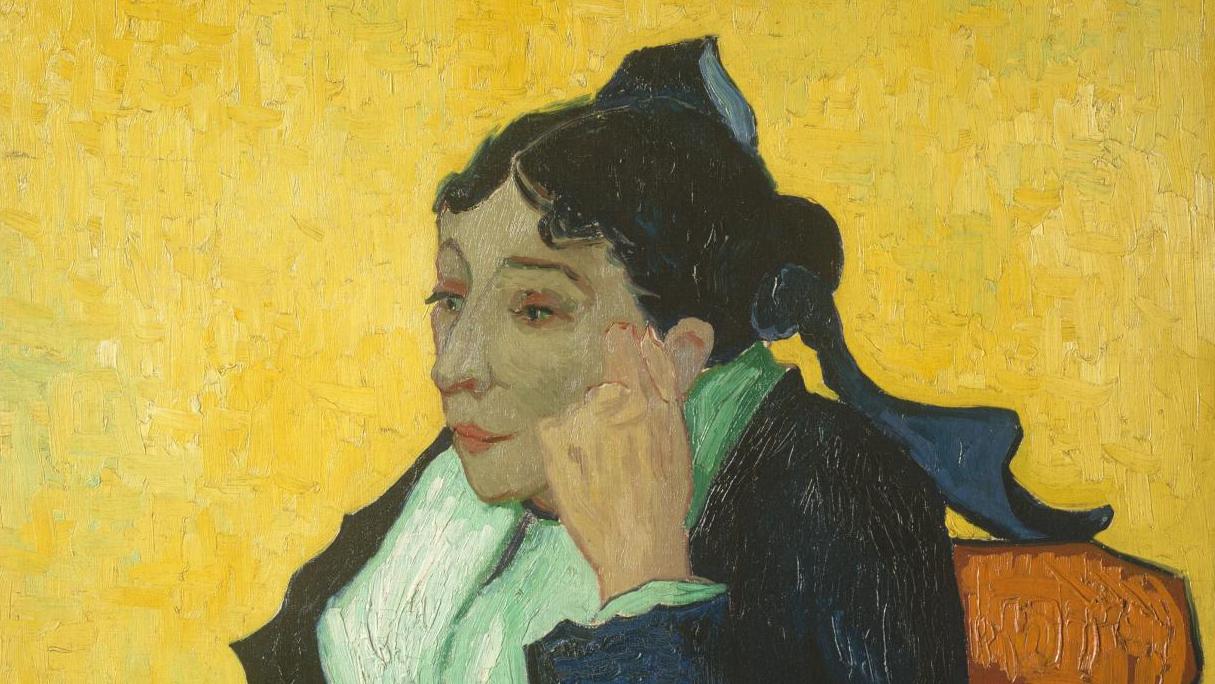Situated on the banks of the Rhone the provençal city of Arles has captivated the hearts of the Celts, Roman emperors and artists alike. Van Gogh and Picasso were smitten with the city. Here we explore what makes this city so special - its rich history, cultural insitutions and vibrant contemporary art scene.
Vincent Van Gogh, L'Arlésienne: Madame Joseph-Michel Ginoux (Marie Julien, 1848–1911), oil on canvas, 1888–89, 36 × 29 in. (91.4 × 73.7 cm), Metropolitan Museum of Art, NY.
Within view of the city’s 4th-century Roman obelisk, under the extraordinary ashlar entrance vault of the 17th-century hôtel de ville —a marvel of stereotomy, spanning 50 feet without intermediary supports, yet so shallow it appears almost flat—there is an inscription, in Occitan, by the Provençal poet Frédéric Mistral (1830–1914):
“Arles! Oh, thou that hast been everything that can be: the metropolis of an empire, the capital of a kingdom and the matron of liberty.”
For this ancient settlement, a Celtic oppidum before it became, towards 500 BCE, a Greek outpost, first rose to glory in the 40s BCE when Julius Caesar, in gratitude for Arles’s support against Marseille (which sided with Pompey), made it into a major Roman colony. Prosperity soon followed, thanks both to local agriculture and international trade—goods traveled from the Mediterranean all the way to Switzerland up and down the mighty Rhône—, and would remain in Arles for centuries: the Christian Emperor Constantine nearly made the city his imperial seat and, by medieval times, it had become capital of the “kingdom” (in reality a powerful earldom) of Provence. As for liberty, Mistral presumably had in mind the short-lived Republic of Arles (1180–1251), established when the city’s oligarchs exploited a power vacuum to establish self-government. In 1481, however, Provence, and with it Arles, was…
com.dsi.gazette.Article : 26728
This article is for subscribers only
You still have 85% left to read.
